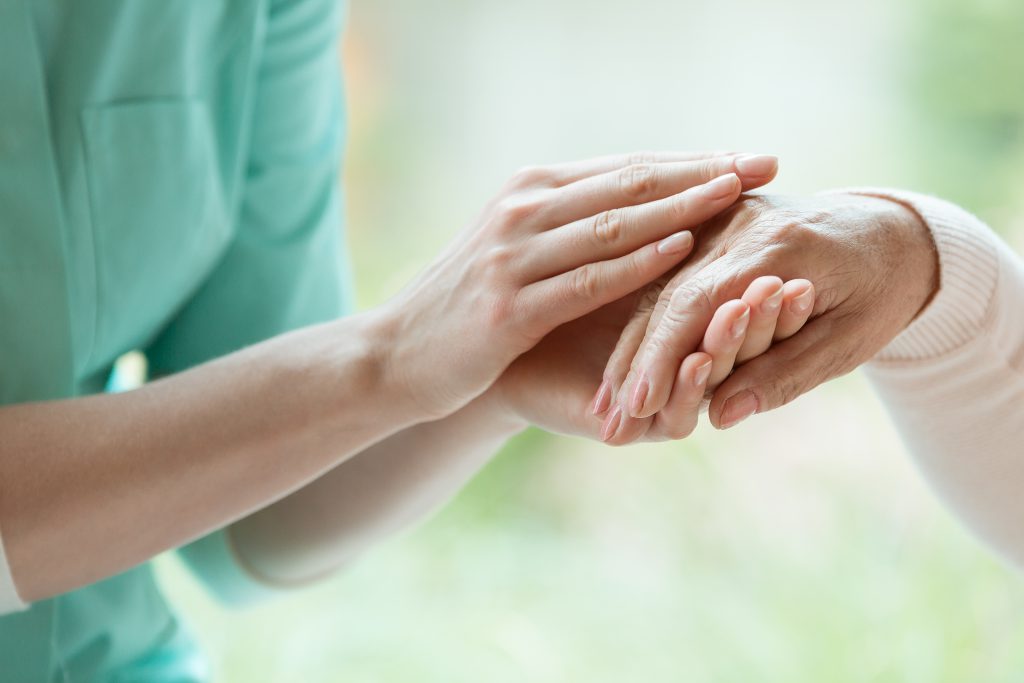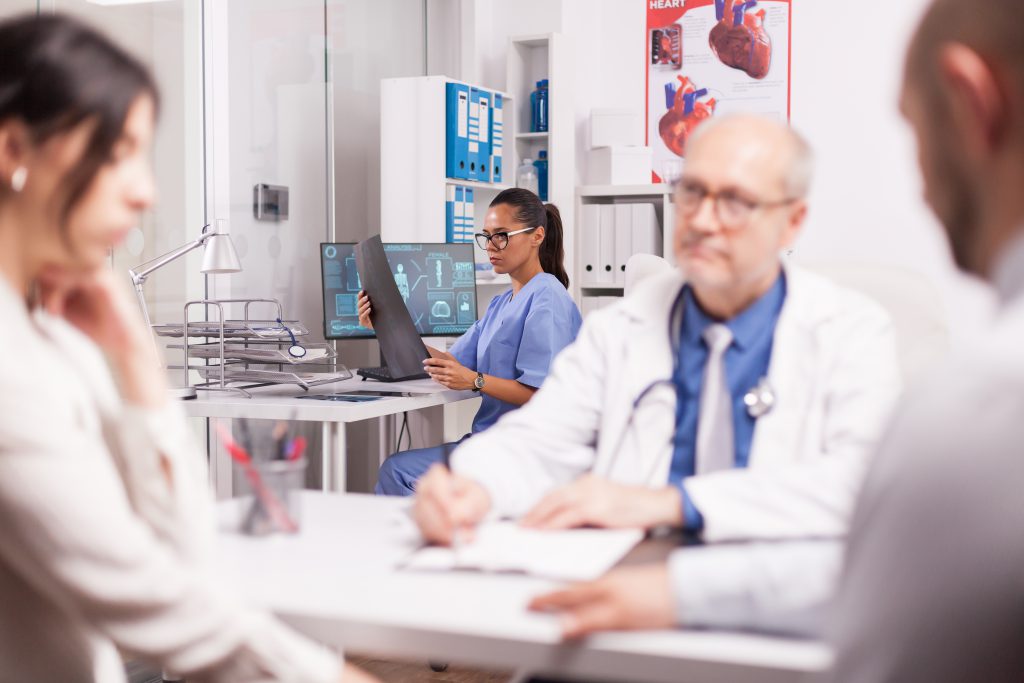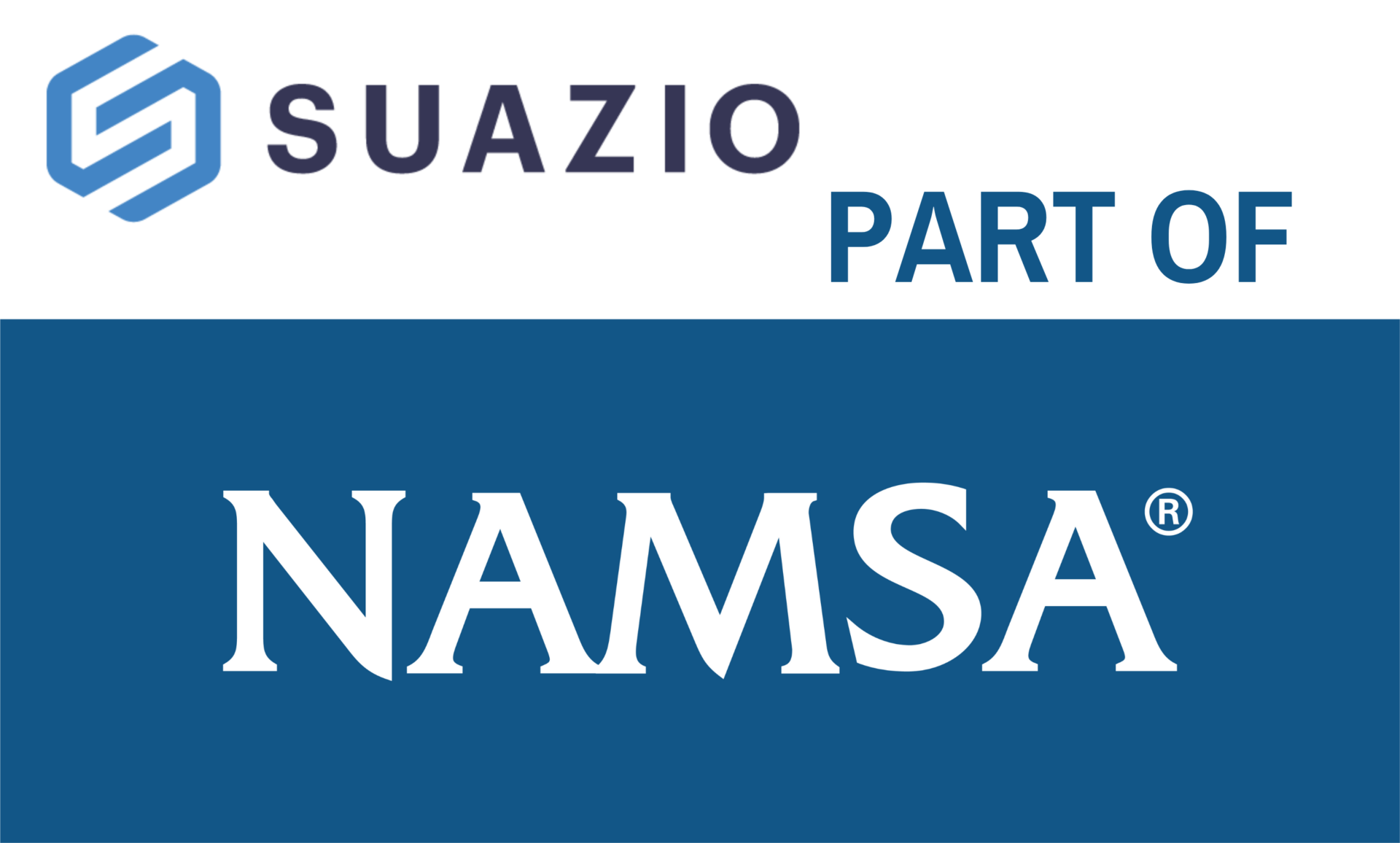Creating and validating a model online survey for rare disease patients
Introduction
Today, we notice a growing interest in developing practical insights considering:
- rare disease patient engagement;
- mobile digital health technology;
- increased patient/caregiver participation in drug development.
And while rare disease patient registries are growing, their potential to develop insights has not yet been fully realized. We therefore set out to partner with rare disease community advocates and develop a quick survey to gather actionable insights on a variety of timely, relevant topics.
We surveyed 109 ultra-rare disease caregivers of Mowat-Wilson Syndrome patients (MWS is an ultra-rare disease caused by genetic mutations in the ZEB2 gene). The respondents, which we recruited in partnership with the Mowat-Wilson Syndrome Foundation (MWSF), completed a 15-minute online survey in Jan/Feb 2019. Neither the MWS Foundation or the survey respondents were compensated for their participation.
The purpose
The main object of this project is to empower patient advocates by creating an easy to use, cost effective online survey template to gather actionable insights from patient communities.
In doing so, we demonstrate SUAZIO’s robust patient engagement capability, we directly support a rare disease patient community with actionable insights and, hopefully, we encourage advocates to seek valuable insights from their patient communities in a similar fashion.


Partner objectives
Our partner, the Mowat-Wilson Syndrome Foundation, had their own community objectives, typical of patient advocacy groups worldwide.
In order to answer to these objectives, we developed a brand new patient insights survey template – and we tested this within the patient community.
The next step was sharing this as a case study with the world, and eventually demonstrate its business capacities.
1. Understand the unmet needs of patients and caregivers within their community
While designing the survey template, we recognized the need for flexibility to adapt to the particular needs of patient communities at any given time.
Therefore, the template allows to add custom questions in order to explore topics of interest to the patient community. In our example, the MWSF chose to explore the topic of respite care. We therefore customized the survey template questionnaire to include questions concerning access, utilization and cost of respite care in the MWS community.
We discovered a wide variance in access, utilization and cost of respite care in the MWS community. These findings inspired the community leadership to prioritize the goal of helping community members improve access and/or lower or offset costs of respite care where possible. The MWS community and can now use these findings to quantify support for respite care as an unmet need in grant funding requests.
We also inquired generally about other unmet needs and found, for example, that 68% of respondents indicates that a handout with specific information to give to the physicians who will treat the patients would be helpful. Specifically, this will help care providers better understand the particular needs of MWS patients and caregivers.
Discovering this unmet need, MWSF immediately began work on a FAQ and handout with disease specific information. The FAQ ensures the most accurate information is presented to care providers, that topics are not left out of important conversations, and physicians unfamiliar with MWS are able to access additional vetted resources for more information.
This is yet another way of proving that if you ask your patient community what they need, sometimes you’ll find that simple solutions can have a dramatic value add. The key is to identify unmet needs and use insights like these to respond appropriately.
And, lastly, we also explored the topic of digital health, specifically the perceptions about and use of mobile health apps. We found not many MWS caregivers were using mobile health apps, but there was a great interest in their potential.
We asked the MWS community about the features they felt would be most valuable in a mobile health app. They answered mobile access to medical records, prescription alarms and tracking, logging/tracking tests and treatments, and nutrition planning/tracking are the most valuable features to include in a mobile health app. These insights can be used by the community to guide the development of a custom app for caregiver support.
2. Attracting interest from the research community
As a rare disease, little is known about MWS. The MWS community therefore hopes to inspire researchers to learn more about the disease and develop therapies to address symptoms, complications and comorbidities.
We therefore included questions about the MWS community willingness to participate in clinical trials and/or patient focused drug development (PFDD). We found a core group of survey respondents quite willing to participate in clinical trials, with little regard for the length of trial in months (6, 12 or 18 months) or whether monthly blood draws were required each month for 6, 12 or 18 months.
We found that, even when we increased the challenge associated with participation, this ‘willingness’ remained.

Because of these clear results, we now are able to reveal a significant core of community members interested in participating in patient-focused drug development and clinical research. These results have increased the confidence that recruitment for these activities in partnership with a sponsor would have a successful result.
More importantly, the MWS now has evidence of this willingness, and need not rely on hearsay or unsubstantiated claims when collaborating with potential research sponsors.
3. Expanding grant / fundraising opportunities
Because we now have the clearly defined unmet needs, such as the earlier mentioned respite care, as well as the demonstrated willingness to participate in research, the Mowat Wildon Syndrome Foundation is significantly better equipped to capture funding opportunities.

A striking example occurred just before our research was to be presented to EphMRA, when an award-winning post-doctoral researcher applied for a NIH grant to study the ZEB2 gene associated with Mowat-Wilson Syndrome.
The NIH, concerned about the basic feasibility of sample collection, asked for evidence of the research team’s ability to recruit participants from the MWS community willing to donate genetic samples. The researcher coincidentally contacted the Mowat Wilson Syndrome Foundation as SUAZIO and the MWS Foundation were preparing to publish these very study results. Needless to say, we were delighted to offer our clear evidence of a core group of willing research participants.
Leveraging our results, the researcher won the NIH grant and is now gathering the required genetic samples from the MWS community. Again, a striking example of the power actionable insights have to support the patient community agenda.
The value of this research in the light of COVID-19
While our rare disease patient research was conducted before COVID-19 appeared, it is even more relevant post-covid for several reasons:
1. A better understanding of the unmet needs:
We already know that a lot of our patients’ underlying conditions heighten the risk for COVID: think about auto-immune diseases, diabetes and respiratory illnesses.
However, patient advocacy groups may discover new unmet needs associated with covid19 and its aftermath. We have demonstrated patient communities can discover unmet needs and prioritize their responses while maintaining social distancing. We encourage communities to implement our easy to use, cost effective and actionable online survey.


2. Attracting interest from the research community
Our method pre-qualifies clinical research participants online and remotely. This spares valuable medical resources and enables clinical trial recruitment and enrolment – despite the greatly reduced number of non-essential office visits.
3. Expanding grant or fundraising opportunities
Due to social distancing, mobile health apps take on new relevance post-COVID. Our research identifies patient needs and preferences for designing digital health apps.
(important note: our survey approach can also identify patient segments who are NOT using available online/mobile tools: this is key to ensure these segments are not ‘missed’ or underserved in increasingly digitally-focused healthcare systems.)

In terms of sponsorship, grants or fundraising, the survey results such as ours are invaluable. Patient communities need not blindly ask for money, but can request funding to cost-effectively evaluate patient reported outcomes for benchmarking, design support programs with measurable impact and demonstrate return on investment to sponsors. This answers perfectly to a new society where restrictions and limitations due to COVID-19 take center stage.
In conclusion:
SUAZIO has developed an easy to use, cost effective patient survey template advocates can use to determine unmet needs, attract interest and support from the research community and expand grant and fundraising opportunities.
Our test case with a rare disease advocacy group was selected by EphMRA for presentation at their 2020 annual conference. The results are available for review for any interested researcher, patient group or sponsor seeking actionable insights from patient communities.
